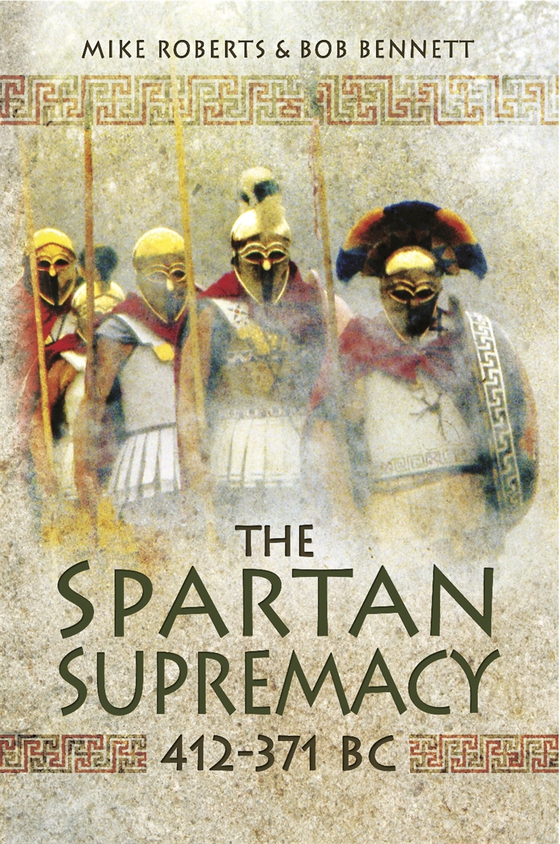
The Spartan Supremacy 412-371 BC e-bok
115 kr
Sparta was a small city which consistently punched above its weight in the affairs of classical Greece, happily meddling in the affairs of the other cities. For two centuries her warriors were acknowledged as second to none. Yet at only one period in its long history, in the late fourth and early third century BC, did the home of these grim warriors seem set to entrench itself as the dominant p...
E-bok
115 kr
Förlag
Pen and Sword
Utgiven
18 Februari 2021
Längd
299 sidor
Genrer
Historia & Arkeologi, Fackböcker
Språk
English
Format
epub
Kopieringsskydd
Vattenmärkt
ISBN
9781473838543
Sparta was a small city which consistently punched above its weight in the affairs of classical Greece, happily meddling in the affairs of the other cities. For two centuries her warriors were acknowledged as second to none. Yet at only one period in its long history, in the late fourth and early third century BC, did the home of these grim warriors seem set to entrench itself as the dominant power in the Greek world. This period includes the latter stages of the Peloponnesian War from 412 BC to the Spartan victory in 402, and then down to the Spartan defeat by the Thebans at Leuctra in 371 BC, where it all began to unravel for the Spartan Empirern Surprisingly few previous books have covered the tumultuous first decades of the fourth century BC, particularly when compared to the ample coverage of the Peloponnesian War. As the authors explain, although the earlier period has the benefit of Thucydides' magisterial history, the period covered here is actually well served by sources and well worthy of study. There are many interesting characters here, including Alcibiades, Lysander, Agesilaus, Pelopidas and Epaminondas, to name but a few. In addition there are several campaigns and battles that are reported in enough detail to make them interesting and comprehensible to the reader. Bob Bennett and Mike Roberts untangle the complexities of this important but unduly neglected period for the modern reader.
Inga recensioner än








